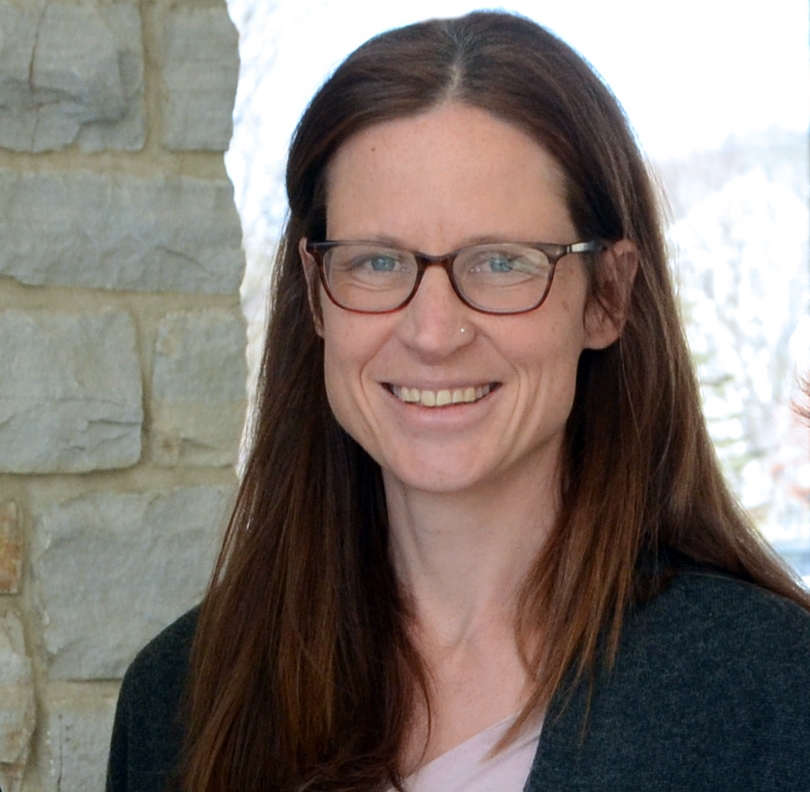Svea Closser Awarded Flexible Fulbright Scholar Grant

MIDDLEBURY, Vt. – Associate Professor of Sociology and Anthropology Svea Closser has been awarded a Fulbright-Nehru Scholar Program Flexible Grant that will fund four months of research in India over the next two years, beginning this summer. Her research project, titled “The ASHA (Accredited Social Health Activist) in Social Context” will explore the social relationships of female Community Health Workers in two rural Indian communities.
India’s ASHAs—part of the National Rural Health Mission—are expected to be service providers in the community, and advocates for the right to health. Understanding ASHAs’ desire and ability to fulfill the “health activist” portion of their role necessitates understanding their social relationships.
Closser has been invited to be based at the Indian Institute of Health Management Research (IIHMR) in Jaipur.
“I am very excited about building relationships with faculty at IIHMR, who have deep knowledge of the history and current trajectory of the ASHA program,” Closser wrote in her Fulbright proposal. “Researchers at IIHMR also have great experience conducting health systems research across India, and they have generously offered to use their contacts and experience to assist me in my work.”
Closser, who speaks Hindi, will conduct interviews with people who were involved in the policymaking process and in the current administration of the program. She plans to write several academic articles about the ASHA program upon her return to the US, on completion of her fieldwork. She also plans to feature India in a book about Community Health Worker programs.
Previously Closser spent about four years in total in South Asia on research and study projects. In 2011-12, she was the principal investigator on a seven-country study that included two Indian field sites—one in East Champaran, Bihar, and the other in Nizamabad, Andhra Pradesh.
“My goal in this research is to prepare rich descriptions of ASHAs’ social worlds that can be used to inform policy,” said Closser. “A deeper understanding of the ASHA program can further global understandings of how CHWs’ ability to be community activists is shaped by their social context.”
